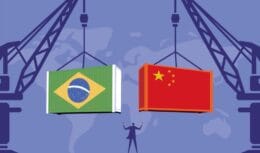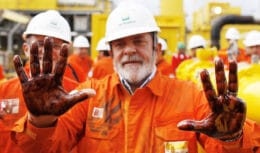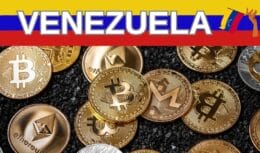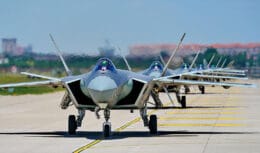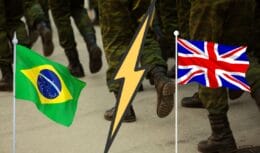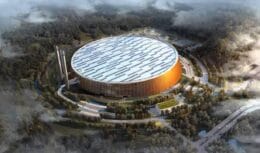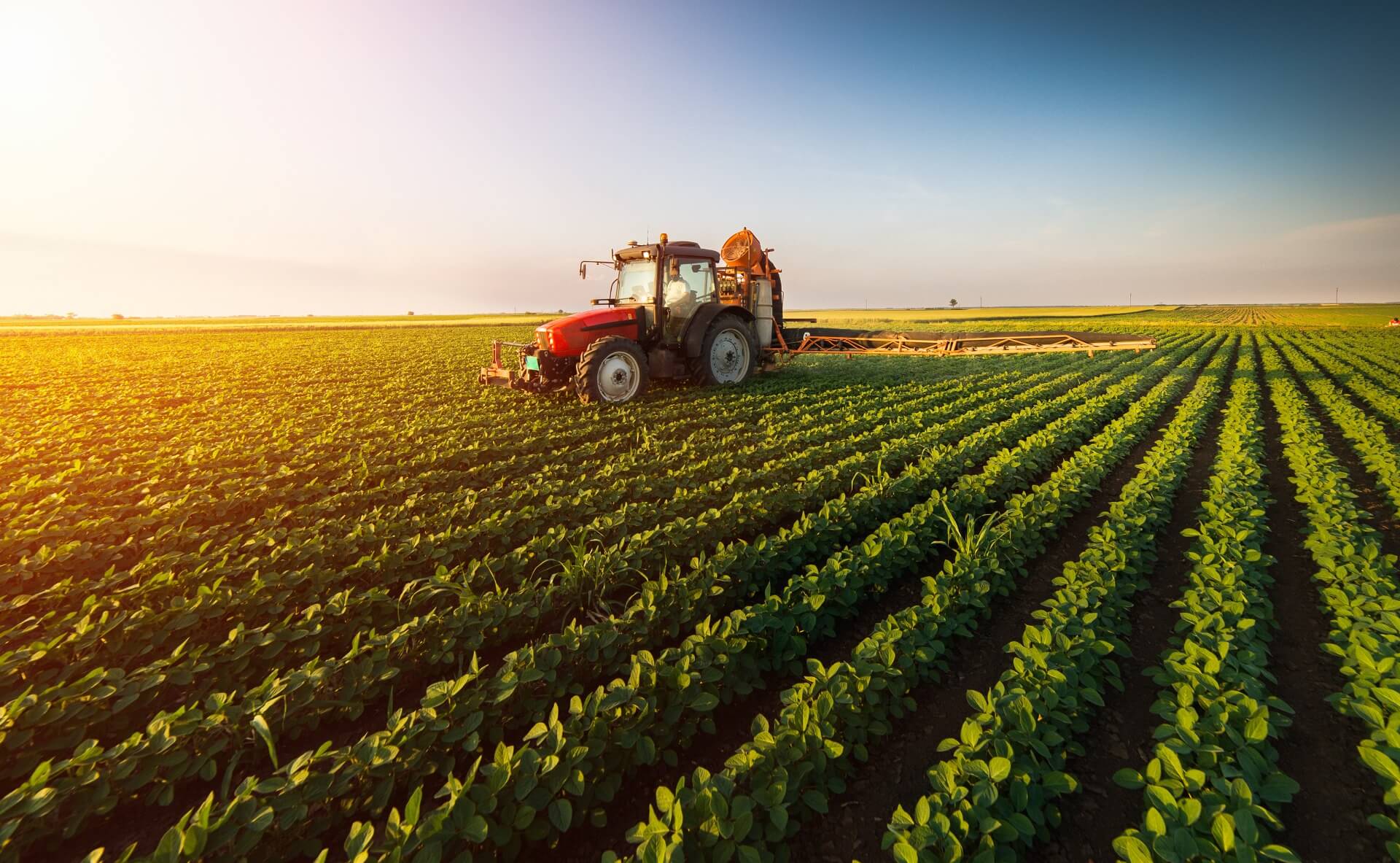
President Jair Bolsonaro has maintained a neutral stance on the war between Ukraine and Russia due to Brazil's dependence on fertilizers from the Russians.
Much has been demanded of the position of the Chief Executive on the war involving Ukraine and Russia, but the neutral stance is due to the business relationship that Brazil has with the Russians, responsible for 23% of the input used by Brazilian farmers to increase the soil productivity. This Thursday (03), the Minister of Agriculture, Tereza Cristina, announced a program that could put an end to the dependence on fertilizers in the European country that is currently invading Ukrainian territory.
See also other features
- Multinational ExxonMobil, the largest oil company in the USA, stops billionaire operations and cancels new investments in Russia
- Strengthening ties with Russia in the nuclear energy segment, Brazil may win promising projects for small modular reactors
The announcement of the Government's national fertilizer plan took place during a live broadcast by President Jair Bolsonaro on social media. After all, the issue of importing the product could not be left out at this time.
Fertilizers imported from the Russians, especially nitrogen, phosphorus and potassium, are heavily used in Brazil's agricultural sector. About 80% of these products come from Russia and Belarus.
However, the moment of state of war experienced in Eastern Europe has generated economic sanctions applied against Russians and Belarusians. And this has made it difficult for the government to bring fertilizers to Brazil.
Tereza Cristina's promise is that the national fertilizer plan will be presented in a ceremony at the Planalto Palace at the end of March. According to her, the program is already ready.
“Brazil, in the past, did not have a national program for its own production of fertilizers. We made the wrong choice, back there, of importing nitrogen, phosphorus and potassium”, said Tereza Cristina when highlighting the fertilizer program.
In all, Brazil imports more than 80% of the fertilizers used in agricultural production. And according to the Itaú BBA bank, of this total, 20% are nitrogenous, 28% potassium and 15% phosphate.
War doesn't have a day to end. Does Brazil still have enough fertilizers?
The Minister of Agriculture Tereza Cristina says that the fertilizer stock is guaranteed until October even with the current moment of war involving Russia, the main supplier of inputs.
The corn second crop is already in production. However, at the end of September and October comes the summer harvest period. And this one causes concern. “What needed fertilizer has already arrived, it is already with the rural producer. The summer harvest is a concern”, said Tereza at a press conference on Wednesday (02).
In the midst of this global crisis, the minister must negotiate fertilizers with Canadians. The impact on the final consumer will depend on the time of the war in Eastern Europe. Without these products, the price of food could skyrocket… if the inflation already experienced was not enough.
Could the sale of the MS fertilizer factory disrupt Petrobras' plans?
A Petrobras sold the Nitrogenated Fertilizers unit (UFN3), located in Três Corações, Mato Grosso do Sul, to the Russian business group Acron. Bolsonaro's expectation is that the negotiation will be completed by the middle of the year.. However, with an ongoing war involving Russia, it is doubtful whether the sale will actually go through.
The fertilizer factory was paralyzed in December 2014. In February 2017, Petrobras announced the sale of the unit as a plan to remedy the financial losses that now total around R$ 3,8 billion. At the time, there was also an allegation that Petrobras was no longer interested in the fertilizer sector.


